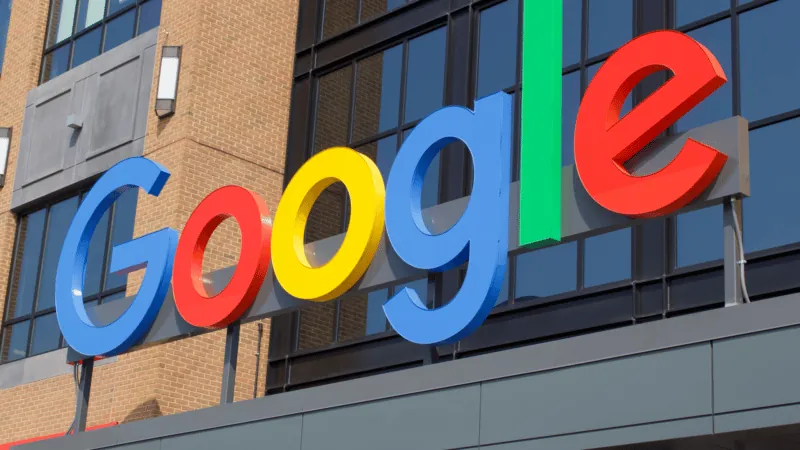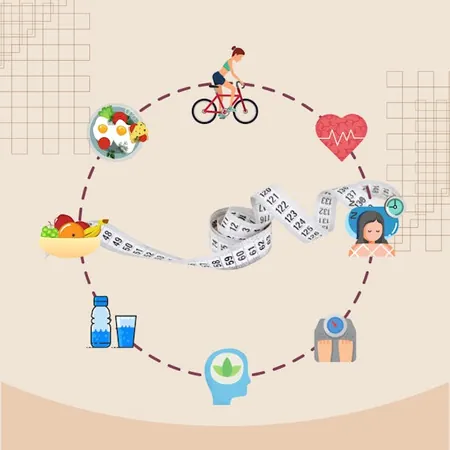
Google Tightens Ad Policies, Cracking Down on Spam Sites — What It Means for You!
2024-12-26
Author: John Tan
Introduction
In a significant move aimed at enhancing the quality of its advertising ecosystem, Google has announced an expansion of its "Abusing the ad network" policy. This week, the tech giant has made it clear that ads linking to sites penalized for violating its Search spam policies will face automatic disapproval.
New Directives
This new directive means that if your ad directs users to a website that has received manual penalties under Google’s stringent Spam Policies, it will not be approved. Website owners affected by these manual actions receive notifications via Google Search Console, giving them the crucial chance to rectify the issues before their ads face disapproval.
Reasons Behind the Changes
But why is Google making these changes? The intention is to fight back against deceptive advertising practices where advertisers attempt to siphon users toward low-quality or manipulated web pages already flagged by Google's enforcement teams. This crackdown is part of a broader strategy to ensure the integrity of its ad platform and deliver a better experience to users.
Implications for Businesses
The implications of this update are enormous for businesses relying on Pay-Per-Click (PPC) advertising. With this policy, there is now a direct correlation between PPC campaign effectiveness and a site's overall search health. A site that incurs a manual action for spam violations will not only suffer from decreased organic traffic but will also see its paid campaigns disapproved. This dual penalty emphasizes the importance of maintaining site quality, as neglecting it can severely impair both organic and paid traffic, ultimately hitting revenue streams and disrupting marketing plans.
Responsibilities for PPC and SEO Managers
For PPC and SEO managers, this increases their responsibilities significantly. Ads for sites under manual action will face disapproval alongside diminished organic search performance. As a result, it is essential to monitor Google Search Console closely and resolve any flagged issues promptly to keep campaigns running smoothly.
Conclusion
Why are we highlighting these changes? By linking ad disapprovals to existing penalties for search violations, Google is reinforcing its commitment to maintaining a high-integrity digital environment. This shift urges advertisers to focus on long-term best practices instead of chasing quick wins, fostering a healthier industry climate.
In summary, if you’re involved in digital marketing, this policy shake-up could shape how you approach your PPC strategies and site management moving forward. Stay vigilant, keep your sites clean, and adapt to these changes proactively to protect your advertising efforts!





 Brasil (PT)
Brasil (PT)
 Canada (EN)
Canada (EN)
 Chile (ES)
Chile (ES)
 Česko (CS)
Česko (CS)
 대한민국 (KO)
대한민국 (KO)
 España (ES)
España (ES)
 France (FR)
France (FR)
 Hong Kong (EN)
Hong Kong (EN)
 Italia (IT)
Italia (IT)
 日本 (JA)
日本 (JA)
 Magyarország (HU)
Magyarország (HU)
 Norge (NO)
Norge (NO)
 Polska (PL)
Polska (PL)
 Schweiz (DE)
Schweiz (DE)
 Singapore (EN)
Singapore (EN)
 Sverige (SV)
Sverige (SV)
 Suomi (FI)
Suomi (FI)
 Türkiye (TR)
Türkiye (TR)
 الإمارات العربية المتحدة (AR)
الإمارات العربية المتحدة (AR)